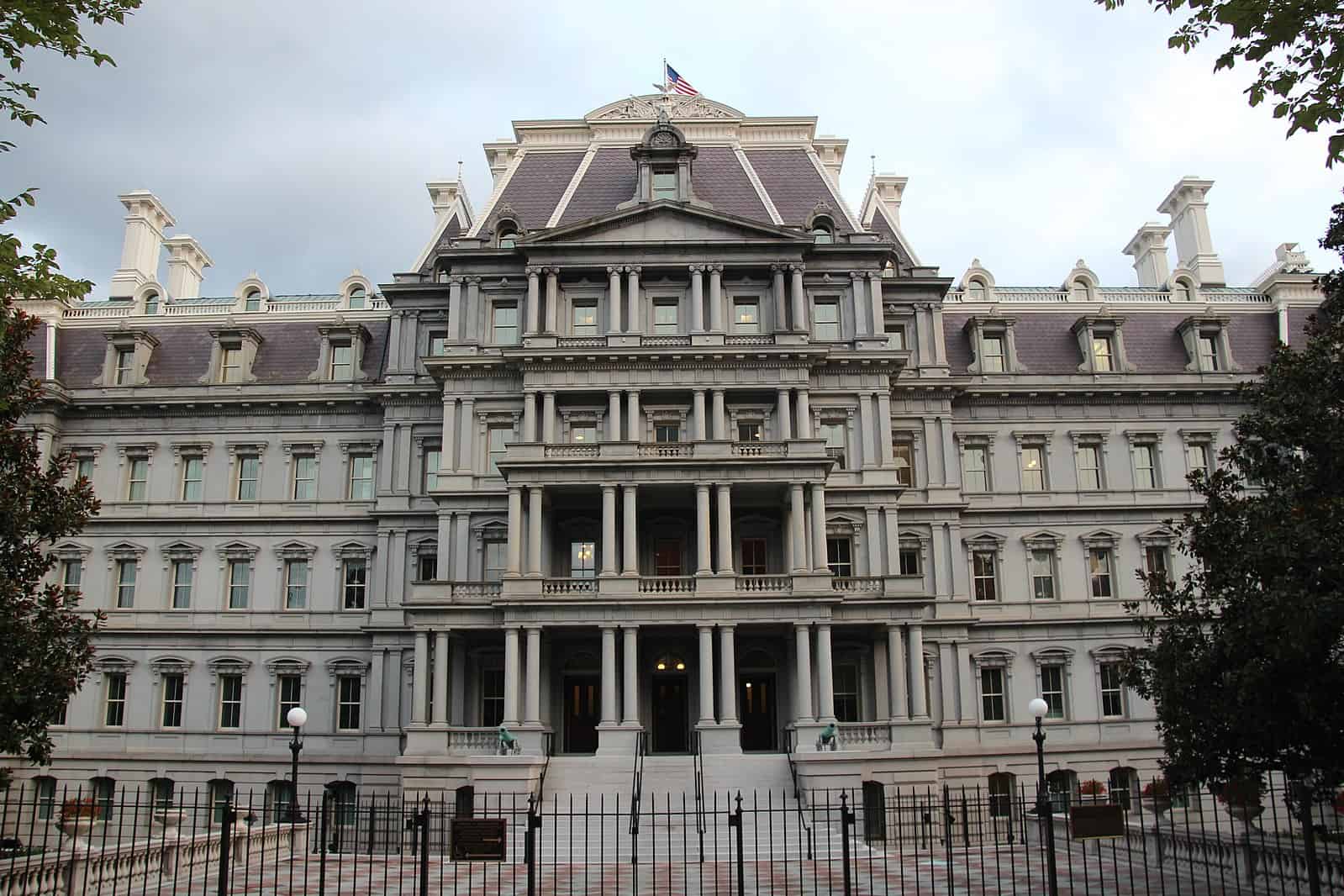
Fred Messner is a student at Harvard Law School.
Over the weekend, a federal judge dismissed a lawsuit filed by over 100 employees of a Texas hospital who were seeking to challenge their employer’s COVID-19 vaccine requirement. The complaint alleged that the hospital system had unlawfully forced its employees to be “human ‘guinea pigs’ as a condition for continued employment.” In rejecting the suit, Judge Lynn N. Hughes of the Southern District of Texas not only held that the employee plaintiffs had no legal claim, but also rejected as “false” and “irrelevant” their factual allegations that the vaccines are experimental and dangerous. Notably, however, Judge Hughes resolved the case under Texas state employment law, so it is unlikely to serve as more than persuasive precedent in other jurisdictions.
At the federal level, employers are struggling to make sense of the EEOC’s May guidance on whether incentives can be offered to encourage workers to get vaccinated voluntarily. The Commission had attempted to clarify that employers are free to offer incentives so long as those incentives are not “so substantial as to be coercive,” but the contours of the “coercive” standard remain shrouded in doubt. As Bloomberg Law reported this morning, significant disagreement exists among employers, lawyers, and commentators over what sorts of incentives would exceed that limit. This is not the first time the EEOC has struggled to impose clear limits on employer incentives. In 2018, the Commission barred employers from offering “coercive” incentives for workers to participate in wellness programs, but its definition of the term was struck down in federal court.
In other Department of Labor news, the White House released a regulatory agenda on Friday that detailed DOL’s plans to “update and modernize” the regulations governing wage and hour standards for most federally funded work. Among the nascent regulations are proposals that would raise the minimum wage for federal contractors to $15 per hour as early as 2022, eliminate the subminimum tipped wage for them by 2024, and improve tracking of workplace injuries. Additionally, DOL indicated that it was considering proposals to “withdraw the obstacles to protecting and strengthening workers’ economic security and civil rights that the prior administration put in place.”
Finally, Motherboard by Vice released a “Guide to the Gig Economy” this morning with explainers on common concepts and buzzwords, many of which provide a rare window into the daily life of gig workers. For instance, the guide explains that “deadhead” refers to “the unpaid portion of gig work that comes after dropping off a person or item, but before arriving at the next pickup.” “Deactivation,” the article explains wryly, is “[a]n innuendo applied when workers are fired or terminated to prevent any association with the concept of employment.” As the gig work model continues to proliferate throughout the American economy, this nomenclature has already become part of many Americans’ daily vernacular, but viewing it all in one place is a healthy reminder of how much the economy and labor force have changed over the last decade.






Daily News & Commentary
Start your day with our roundup of the latest labor developments. See all
January 30
Multiple unions endorse a national general strike, and tech companies spend millions on ad campaigns for data centers.
January 29
Texas pauses H-1B hiring; NLRB General Counsel announces new procedures and priorities; Fourth Circuit rejects a teacher's challenge to pronoun policies.
January 28
Over 15,000 New York City nurses continue to strike with support from Mayor Mamdani; a judge grants a preliminary injunction that prevents DHS from ending family reunification parole programs for thousands of family members of U.S. citizens and green-card holders; and decisions in SDNY address whether employees may receive accommodations for telework due to potential exposure to COVID-19 when essential functions cannot be completed at home.
January 27
NYC's new delivery-app tipping law takes effect; 31,000 Kaiser Permanente nurses and healthcare workers go on strike; the NJ Appellate Division revives Atlantic City casino workers’ lawsuit challenging the state’s casino smoking exemption.
January 26
Unions mourn Alex Pretti, EEOC concentrates power, courts decide reach of EFAA.
January 25
Uber and Lyft face class actions against “women preference” matching, Virginia home healthcare workers push for a collective bargaining bill, and the NLRB launches a new intake protocol.